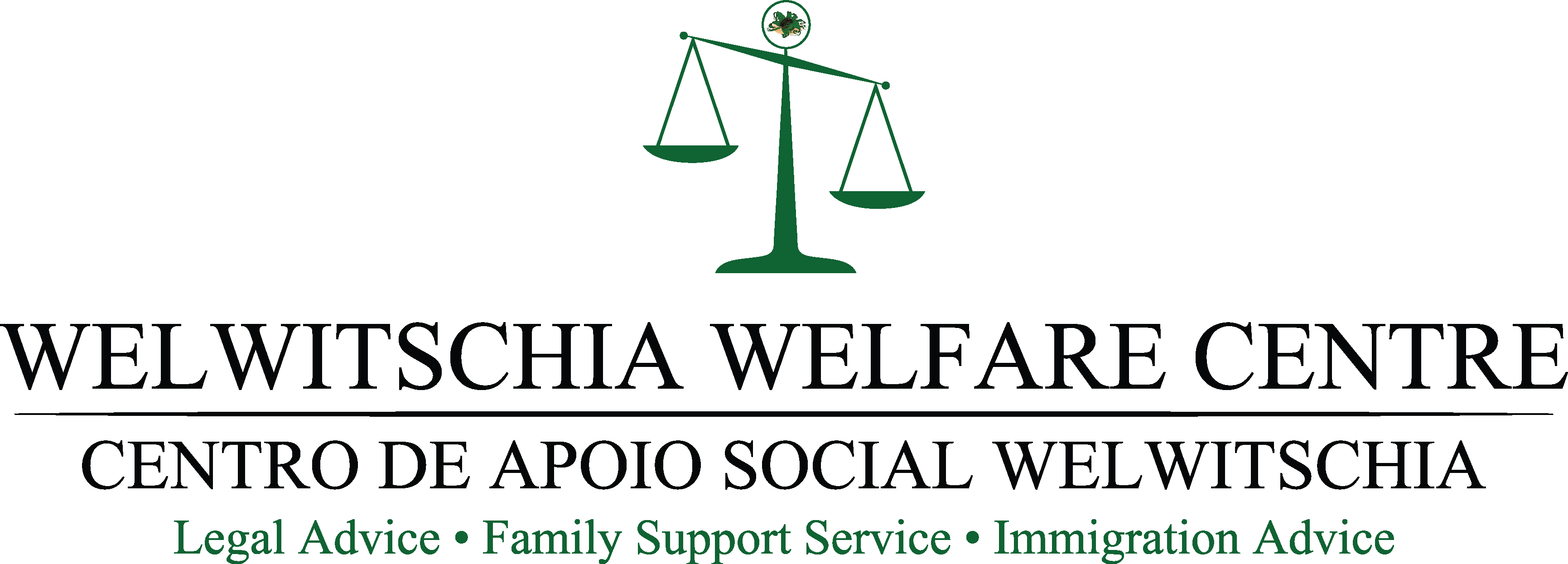On 11 June 2012 the Government has announced changes to the Immigration Rules for non-European Economic Area (non-EEA) nationals applying to enter or remain in the UK on the family migration route. The new Immigration Rules will also unify consideration under the rules and Article 8 of the European Convention on Human Rights, by defining the basis on which a person can enter or remain in the UK on the basis of their family or private life.
Most of these changes will apply to new applicants from 9 July 2012.
The changes are part of the Government’s programme of reform of the immigration routes and follow wide consultation and expert advice from the Migration Advisory Committee. The changes include:
introducing a new minimum income threshold of £18,600 for sponsoring the settlement in the UK of a spouse or partner, fiancé(e) or proposed civil partner, of non-European Economic Area (EEA) nationality, with a higher threshold for any children also sponsored; £22,400 for one child and an additional £2,400 for each further child;
publishing, in casework guidance, a list of factors associated with genuine and non-genuine relationships, to help UK Border Agency caseworkers to focus on these issues;
extending the minimum probationary period for settlement for non-EEA spouses and partners from two years to five years, to test the genuineness of the relationship;
abolishing immediate settlement for migrant spouses and partners where a couple have been living together overseas for at least four years;
from October 2013, requiring all applicants for settlement to pass the Life in the UK Test and present an English language speaking and listening qualification at B1 level or above of the Common European Framework of Reference for Languages unless they are exempt;
allowing adult and elderly dependants to settle in the UK only where they can demonstrate that, as a result of age, illness or disability, they require a level of long-term personal care that can only be provided by a relative in the UK, and requiring them to apply from overseas rather than switch in the UK from another category, for example as a visitor; and
restricting family visit visa appeals, initially by narrowing the current definitions of family and sponsor for appeal purposes, and then, subject to the passage of the Crime and Courts Bill, which was published on 11 May 2012, removing the full right of appeal against refusal of a family visit visa.
The Immigration Rules will reflect the UK Border Agency’s duty under section 55 of the Borders, Citizenship and Immigration Act 2009 to have regard to the need to safeguard and promote the welfare or best interests of children who are in the UK.. The rules will set clear thresholds for the impact of an applicant’s criminality on the scope for them to be granted leave to enter the UK on the basis of their family life or leave to remain in the UK on the basis of their family or private live. The rules will also reflect the fact that family life established when the parties knew one or both of them lacked a valid basis of stay in the UK carries less weight under the case law of the European Court of Human Rights.
Only in exceptional circumstances will family life, the best interests of a child (even though always a primary consideration) or private life outweigh criminality and the public interest in seeing the foreign national criminal deported where they have received a custodial sentence of at least four years.
Deportation will normally be proportionate where the foreign national criminal has received a custodial sentence of at least 12 months and less than four four years, or has received a custodial sentence of less than 12 months and, in the view of the Secretary of State, their offending has caused serious harm or they are a persistent offender who shows a particular disregard for the law. Deportation will not be proportionate if:
– They have a genuine and subsisting relationship with a partner in the UK (who is a British Citizen, settled in the UK or in the UK with a refugee leave or humanitarian protection), and they have lived here with a valid leave continuously for at least the last 15 years (excluding any period of imprisonment) and there are insurmountable obstacles to family life with that partner continuing overseas; or
– They have a genuine and subsisting parental relationship with a British citizen child or a child who ahs lived in the UK for at least the last seven years, and it would be not be reasonable to except the child to leave the UK with a foreign national criminal and there is no other family member who is able to care for the child in the UK; or
– They have been continuously resident in the UK for the last 20 years (excluding any period of imprisonment) and they have no social, cultural or family ties with their country of origin, or they are under 25 years and have spent at least half of their life residing continuously in the UK (excluding any period of imprisonment) and they have no social, cultural or family ties with their country of origin.
For more information please contact Welwitschia Welfare Centre by making an appointment on 02088081255.

